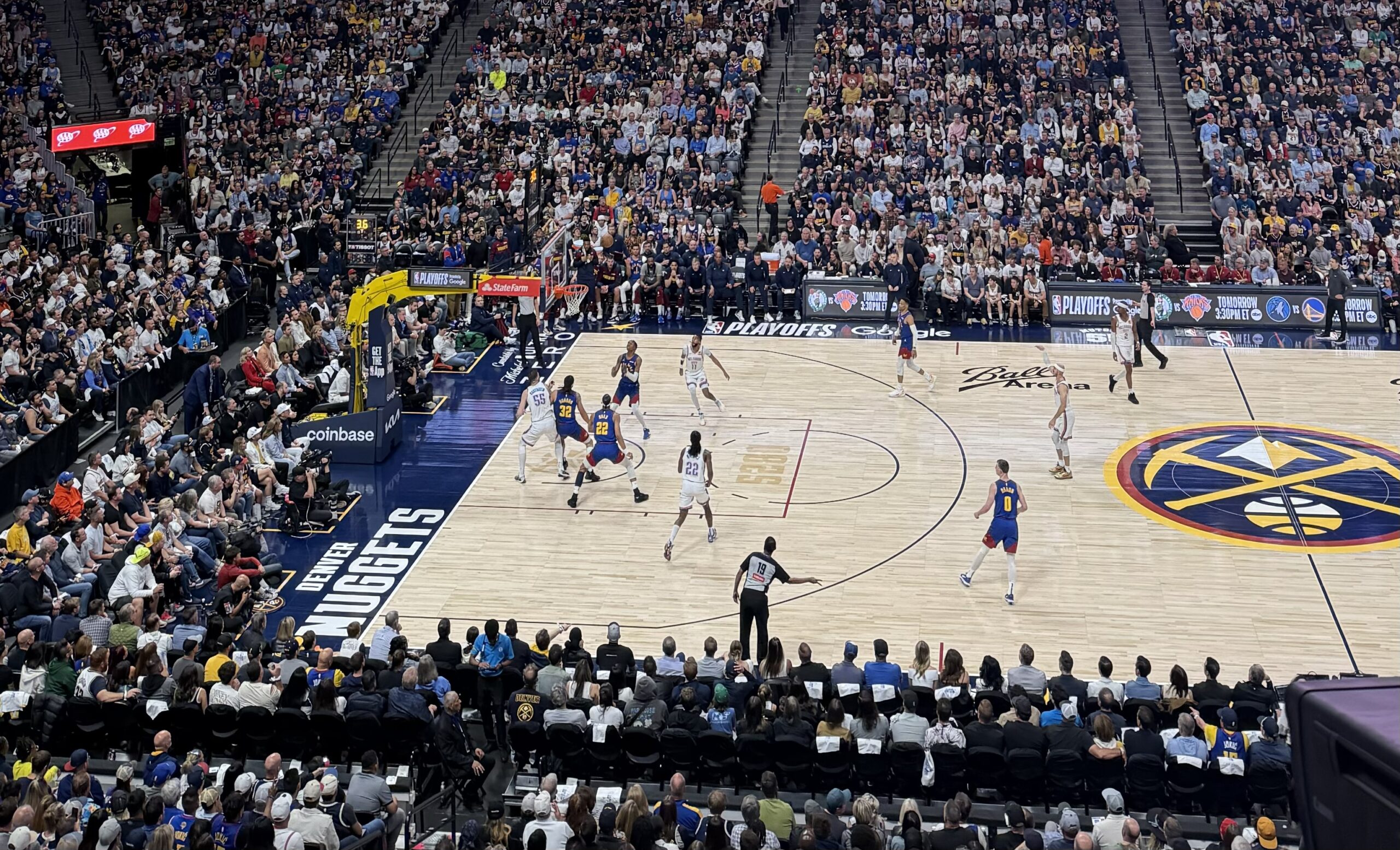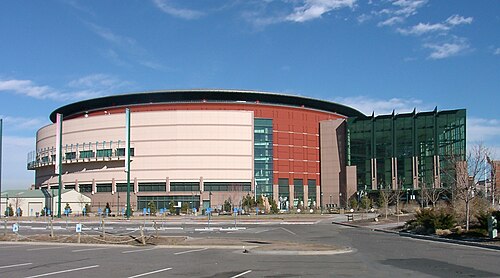On paper, Denver seems like the perfect candidate city to host the Winter Olympic Games. There’s plenty of annual snow, a wide variety of existing venues across the metro area and Colorado is home to the United States Olympic Committee as well as the U.S. Olympic and Paralympic Museum. Since the inception of the winter games, many athletes have also hailed from Colorado. To this day, Denver remains the only city that has rejected an Olympic bid. So, why has Denver never hosted the games?
The answer primarily lies in local politicians and voters rejecting the idea, going back as far as 1932 for a variety of reasons, including cost, the structure of the International Olympic Committee and challenges with transportation and infrastructure.
In 1976, Denver won the bid for the winter games, but the plan was halted by the late Governor Dick Lamm, who did not want Denver taxpayer funds to further the pricey games, which nearly 60% of Denverites voted against.
Environmental reasons were also a driving force behind dissuading Lamm and voters away from the Olympic bid. Lamm argued, “a state which has never taken down as much as a single billboard to improve the environment is not going to run an Olympics which the ecologists would like.”
State representative Bob Jackson added in 1971 shortly after Denver had won the bid for the games, “We ought to say to the nation and the world, ‘we’re sorry, we are concerned about the environment.’ We made a mistake. Take the games elsewhere.”
Upon slipshod planning by the Denver Olympic Committee (DOC), who scrambled to try to organize the games in nearby Evergreen and Steamboat Springs, environmental activists formed the “Protect Our Mountain Environment” (POME) group to protest further advances to a Colorado Olympics. Sports like skiing and snowboarding would not be able to take place within Denver city limits and would instead need to take place in nearby mountain resorts, which were not in a position to sustainably host something as large and temporary as the Olympics, considering factors like transportation and potentially needing to bring in fake snow, adding to the ecological and economic concerns.
In 2019, there were efforts for Denver to make a bid for the 2030 games, but it was quickly shot down by a “NOlympics” campaign that Lamm contributed to once again until his passing in July of last year.
Many Coloradans who opposed Denver hosting the Olympics vocalized their support for the winter games to be hosted in the next-closest major metro area: Salt Lake City. Supporters argued that since Salt Lake hosted the games in 2002, there were existing venues that could be reused.
For a hypothetical Denver games, building new arenas that would sit largely unused could be avoided by either utilizing already standing venues, such as Ball Arena that already gets used for hockey six months of the year, or building them for later use, but tax dollars would likely be funneled to temporary housing for athletes and other limited structures. Winter games this century such as Vancouver 2010 and Sochi 2014 each ended up costing half a billion dollars more than originally anticipated, giving Denverites and the voters of other potential hosts all the more reason to be questionable of where their tax dollars would be going.
It seems unlikely that Denver will ever put their name forward again for an Olympic bid, especially as cities worldwide increasingly find doing so less and less desirable for many of the same reasons why it hasn’t worked in Denver. In general, the future of the Olympics could look vastly different in the future as the International Olympic Committee will have to look for new ways to make hosting the games attractive to city politicians and residents while decreasing the environmental impacts and demands of host cities.
The 2022 Winter Olympic Games will take place in Beijing, China, the city’s second games, starting on Feb. 4. Though the DU athletes and alumni competing in this year’s games have not yet been announced, a list of all DU athletes throughout Olympic history can be viewed here.











